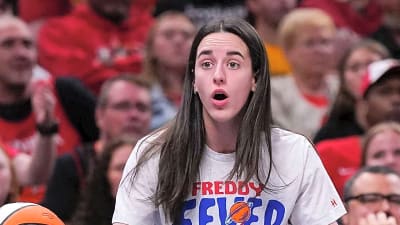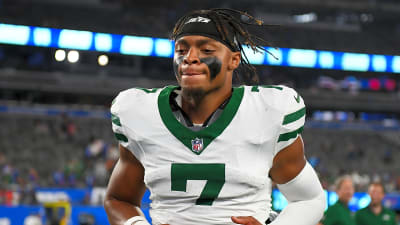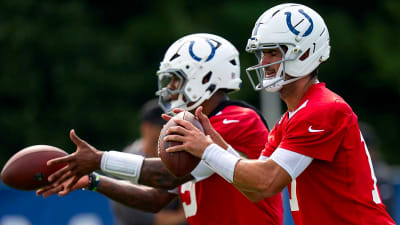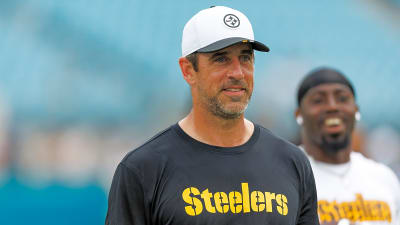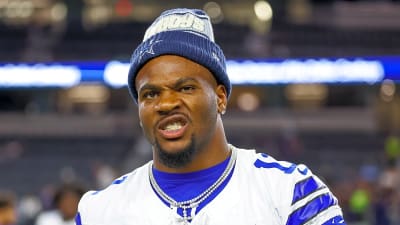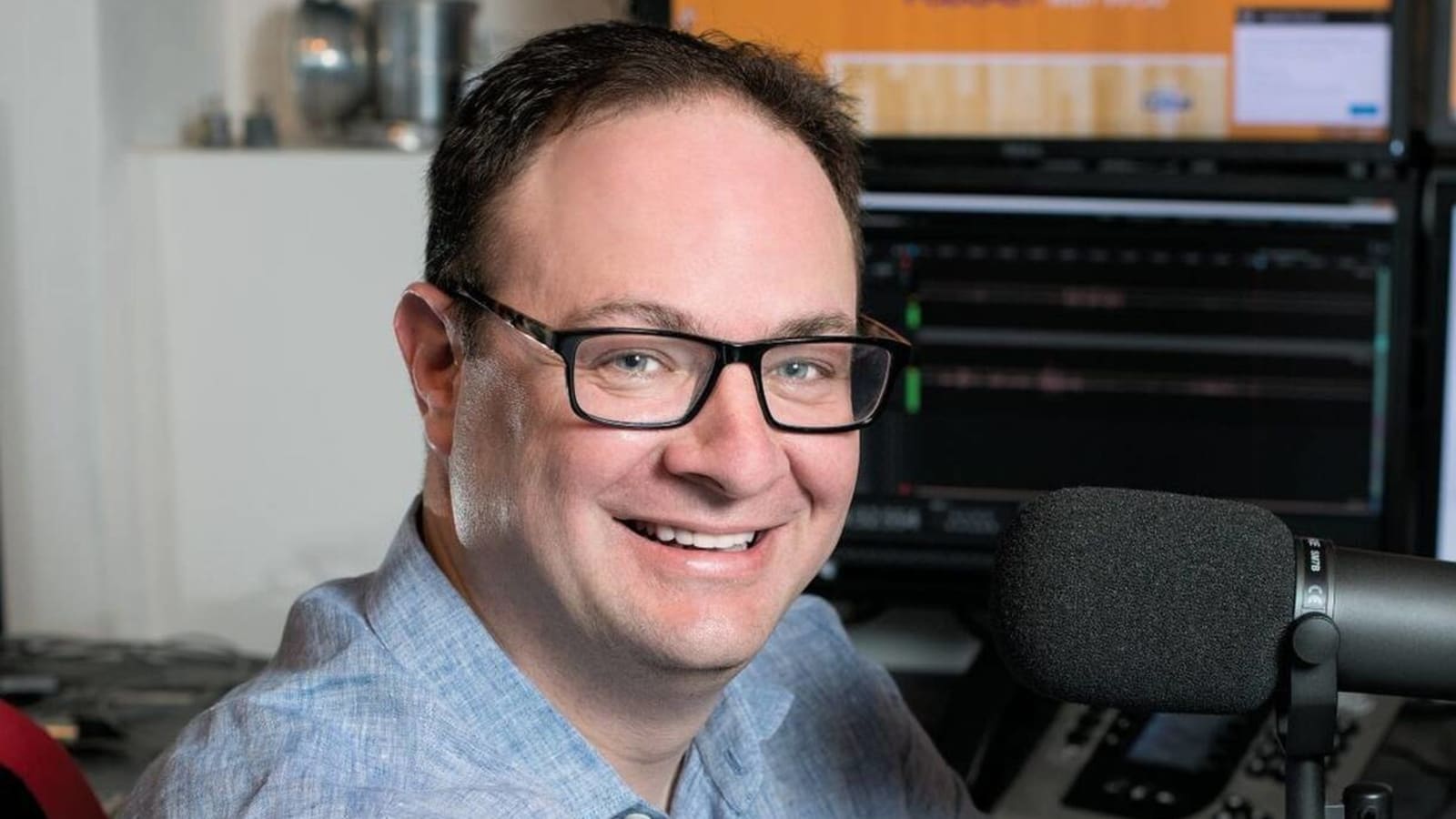
How powerful NBA insiders, like Woj and Shams, make the league worse
Shams Charania and Adrian Wojnarowski are the NBA's pre-eminent newsbreakers. But the nature of their work is hurting the league they cover.
Excerpt: “The thing that changed is they became double agents,” John Skipper, the former ESPN president, told me. “They call people and say, ‘Tell me what you’re up to,’ and the quid pro quo is, ‘I’ll tell you a little something I’ve heard.’https://t.co/4z9s3Q9SHC
— Steve Bien-Aime (@Steve_BienAime) October 16, 2023
In a New York Magazine profile of Charania, John Skipper, the former president of ESPN, called the two "double agents." That's because they trade information to get information, sometimes working against their own sources. One NBA executive said that information from Woj and Shams, as they're known colloquially, could save a team a lot of money.
"Woj or Shams might say, ‘Hey, don’t get levered up on Player X; he’s not gonna get an offer from his team,'" the executive said. They're not just acting like information brokers; they've become actual power brokers. But neither provides much analysis, nor quality writing. They just find things out first.
One GM speculated that "between 10 and 20 deals" fall apart every year when information is leaked to scoop merchants. Beyond that, Charania and Wojnarowski both "report" by pushing the viewpoint of whoever gave them their information — while appearing to remain objective. The result is that opinions of agents, players and executives get presented as news.
Charania and Wojnarowski compete hard at the NBA Draft, where the two battle to announce teams' picks before they're made. But that effectively ruins the experience of watching the draft. Fans end up reading tweets instead of watching Adam Silver simply announce the picks. It's like someone is feeding you spoilers for a movie while you're watching it.
Where is the value in learning soon-to-be-public information 15 seconds early, whether it's at the draft or the trade deadline or at the start of free agency? It's the equivalent of internet commenters competing to write "First!" under a YouTube video. Skipper admitted that hiring Wojnarowski wasn't really about journalism.
He told New York Magazine, "It had to do with brand and wanting to be known as the most important news organization in sports. But if I’m a tiny bit cynical, it was also pride. We wanted to be first, and we wanted to win."
The "win" Skipper mentions is in the race to be first. Aside from bragging rights, that's worth nothing tangible. Except pride.
One reporter explained the minor rewards of dedicated scoop-hunting. "A reporter will develop a relationship for months, and those months earn them the first text — which is 40 seconds ahead of the second text."
The more the NBA leans into scoop culture, the less emphasis there is on analysis, or player stories, or the actual games. Instead of actual events, fans incessantly read about rumors. If the NBA wants more focus on the regular season, it should work to change how much the media focuses on the offseason.
More must-reads:
- Jason Kidd gives opinion on GOAT debate
- Sixers hire Neil Olshey as basketball operations consultant
- The 'Active 20-home run MLB seasons' quiz
Breaking News
Trending News
Customize Your Newsletter
 +
+
Get the latest news and rumors, customized to your favorite sports and teams. Emailed daily. Always free!
